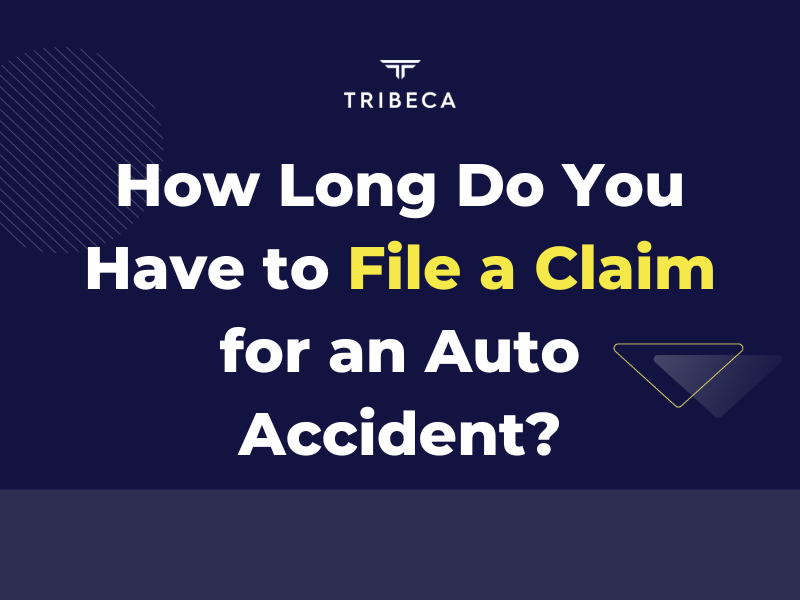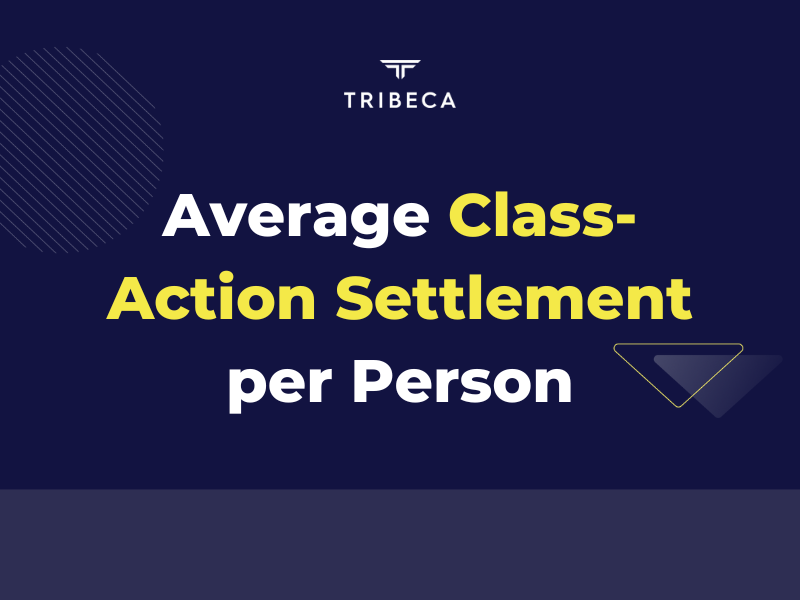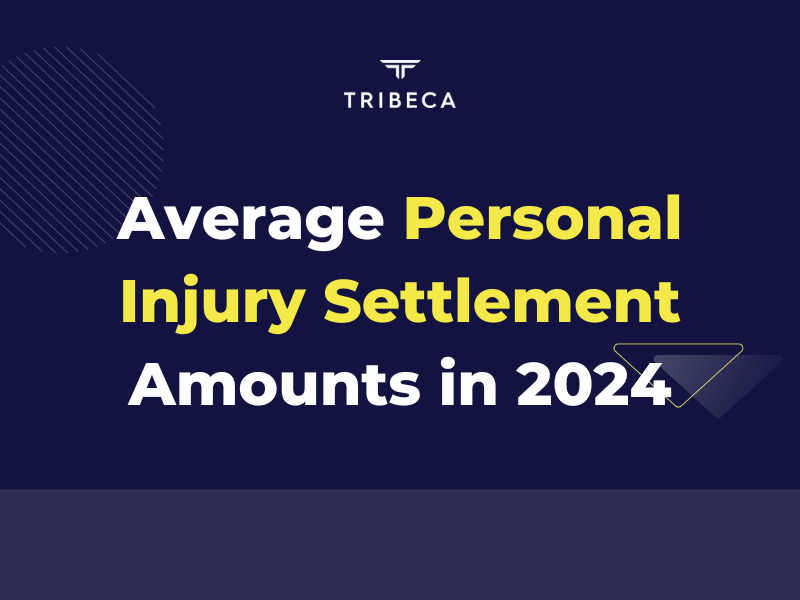Wrongful convictions are a grave miscarriage of justice that can have devastating consequences for the innocent individuals who are unjustly imprisoned.
When someone is convicted of a crime they did not commit, it’s natural to wonder who can be held responsible for this egregious error. Identifying liability in wrongful conviction cases is crucial for seeking justice and preventing future injustices.
In general, a wrongful conviction claim asserts that an individual’s constitutional rights were violated, leading to their unjust imprisonment. Depending on the specific circumstances of the case, several parties may be held liable.
Types of Wrongful Convictions
There are several types of wrongful convictions that can give rise to a legal claim:
Factual Innocence
In some cases, the person convicted of a crime is factually innocent, meaning they did not commit the offense they were accused of. A prime example is the case of Anthony Graves, who spent 18 years on death row in Texas for a murder he did not commit.
Despite no physical evidence linking him to the crime, Graves was convicted based on the false testimony of a co-defendant. He was finally exonerated in 2010 after the real killer confessed. These types of cases are particularly tragic, as an innocent person suffers the consequences of a crime they had no part in.
Mistaken eyewitness identification
Eyewitness misidentification is one of the leading causes of wrongful convictions. This can occur when a witness incorrectly identifies a suspect due to factors such as poor lighting, stress, or suggestive police lineups.
According to the Innocence Project, eyewitnesses are often expected to identify perpetrators of crimes based on memory, which is incredibly malleable. Under intense pressure, through suggestive police practices, or over time, an eyewitness is more likely to find it difficult to correctly recall details about what they saw.
Procedural Violations
Even if the accused may have committed the crime in question, their conviction can still be wrongful if their constitutional rights were violated during the legal process.
For instance, in the case of Rudolph Holton, key evidence was withheld from the defense, denying him a fair trial. Holton spent 16 years on Florida’s death row before being exonerated in 2003. Procedural violations undermine the integrity of the justice system and can lead to wrongful convictions.
Parties Potentially Liable for Wrongful Convictions
When an individual is wrongfully convicted of a crime, the consequences can be devastating, often resulting in years of unjust imprisonment, emotional trauma, and significant financial losses. In these cases, several parties may be held liable for their role in the wrongful conviction:
Law Enforcement Officers
Police misconduct is a leading cause of wrongful convictions. Officers may fabricate evidence, coerce false confessions, or engage in suggestive eyewitness identification procedures.
In one notorious case, Chicago police tortured Gary Dotson into falsely confessing to a rape he did not commit. Dotson was convicted in 1979 and spent years in prison before being exonerated by DNA evidence in 1989. His case was reportedly the nation’s first DNA exoneration.
Prosecutors
Prosecutors have immense power in the criminal justice system, and when they engage in misconduct, it can lead to wrongful convictions. Prosecutors may withhold exculpatory evidence, present false testimony, or make improper arguments to the jury.
In the case of Ken Wyniemko, the prosecutor failed to disclose evidence that pointed to another suspect, leading to Wyniemko’s wrongful conviction for rape in 1994. He was exonerated by DNA testing in 2003 after spending nine years in prison.
Defense Attorneys
While defense attorneys are supposed to advocate for their clients, ineffective assistance of counsel can contribute to wrongful convictions. Attorneys may fail to investigate the case properly, neglect to challenge questionable evidence or provide inadequate representation.
For example, Jimmy Ray Bromgard was wrongfully convicted of rape in Montana in 1987 after his defense attorney failed to challenge the prosecution’s flawed forensic evidence. Bromgard spent over 14 years in prison before being exonerated by DNA testing in 2002.
Forensic Analysts
Flawed or fraudulent forensic evidence has played a role in many wrongful convictions. Analysts may misrepresent their findings, use discredited techniques, or even deliberately falsify results.
In the case of Santae Tribble, an FBI analyst provided false testimony about hair analysis, claiming that Tribble’s hair matched hair from a stocking mask worn by the perpetrator. Tribble was convicted of murder in 1978 and spent 28 years in prison before DNA testing exonerated him in 2012.
Witnesses
Witnesses who lie under oath or provide mistaken testimony can contribute to wrongful convictions. This may include incentivized witnesses who receive benefits for their testimony or eyewitnesses who make honest but inaccurate identifications.
A striking example is the case of Ronald Cotton, who was wrongfully convicted of rape based on the mistaken identification of the victim, Jennifer Thompson. Cotton served over 10 years in prison before being exonerated by DNA evidence in 1995.
Challenges in Holding Parties Liable
Holding parties liable for their role in a wrongful conviction can be a challenging and complex process, as there are several legal and practical hurdles that plaintiffs must navigate, including:
Qualified Immunity for Government Officials
One significant obstacle in holding government officials accountable for wrongful convictions is the doctrine of qualified immunity. This legal principle shields officials from civil liability unless they violate clearly established constitutional rights.
In practice, this means that even when officials engage in misconduct that leads to a wrongful conviction, they may be protected from civil lawsuits if their actions were not clearly unconstitutional based on prior case law.
Lack of Accountability Measures
Another challenge is the general lack of accountability for those responsible for wrongful convictions. Prosecutors and police officers rarely face disciplinary action or criminal charges for misconduct, even when it directly leads to an innocent person being imprisoned.
This culture of impunity allows misconduct to go unchecked and makes it difficult for the wrongfully convicted to hold those responsible accountable.
Pursuing Civil Lawsuits for Wrongful Convictions
Pursuing a civil lawsuit for a wrongful conviction can be a powerful tool for seeking justice and holding accountable those responsible for the injustice.
These lawsuits allow wrongfully convicted individuals to seek compensation for the damages they suffered as a result of their unjust imprisonment, including lost wages, pain and suffering, and the loss of liberty.
Legal Basis for Civil Claims
Despite the challenges, the wrongfully convicted may have legal grounds to pursue civil lawsuits against those responsible for their unjust imprisonment. These claims can be based on violations of constitutional rights, such as the right to due process or a fair trial, or tort claims, such as malicious prosecution.
For example, after being exonerated of a murder conviction that cost him 18 years in prison, Nicholas Yarris successfully sued the Delaware County police for fabricating evidence in his case, resulting in a $4 million settlement in 2005.
Potential Defendants in Civil Lawsuits
Depending on the specific circumstances of the case, the wrongfully convicted may be able to name various parties as defendants in a civil lawsuit. This can include governmental entities like police departments or prosecutor’s offices, as well as individual officers, prosecutors, or other officials who played a role in the wrongful conviction.
In some cases, even defense attorneys can be sued for legal malpractice if their ineffective assistance contributed to the wrongful conviction.
Challenges in Prevailing on Civil Claims
However, winning a civil lawsuit for a wrongful conviction is no easy feat. Immunity defenses, like qualified immunity for officials, can shield potential defendants from liability. The plaintiff bears the burden of proof and must often overcome evidentiary hurdles, as key evidence may be lost or destroyed over time.
Additionally, statutes of limitations set strict deadlines for filing civil claims, which can be difficult to meet for those who have spent years or decades wrongfully imprisoned.
Takeaways and Next Steps
If you or a loved one has been wrongfully convicted, it’s crucial to consult with experienced attorneys who can help you navigate the complex legal process of seeking civil remedies. Building a strong case requires thorough investigation, compelling evidence, and a deep understanding of the relevant laws and precedents.
We frequently work with individuals seeking justice, and we’ve seen firsthand the devastating impact of wrongful convictions. This travesty demands our attention and action.
By holding those responsible accountable and supporting the exonerated in their pursuit of justice, we can work towards a fairer, more transparent criminal justice system that truly upholds the ideal of “innocent until proven guilty.”
If you’re considering legal action after a wrongful conviction, contact Tribeca Lawsuit Loans at 866-388-2288 to learn how we can provide financial support during your pursuit of justice.
Frequently Asked Questions (FAQs)
What is the most common cause of wrongful convictions?
Eyewitness misidentification is the leading cause of wrongful convictions, playing a role in over 75% of DNA exonerations.
Can I sue the police for a wrongful conviction?
Yes, in some cases, you may be able to file a civil lawsuit against the police if their misconduct contributed to your wrongful conviction. However, immunity defenses can make these cases challenging.
Is there a statute of limitations for wrongful conviction lawsuits?
Yes, statutes of limitations set deadlines for filing civil claims related to wrongful convictions. These deadlines vary by state and type of claim, so it’s essential to consult with an attorney as soon as possible after exoneration.
How long does a wrongful conviction lawsuit take?
The timeline for a wrongful conviction lawsuit can vary widely depending on the complexity of the case and the jurisdiction. Some cases may be resolved in a few months, while others can take years. Factors like evidence gathering, legal motions, and settlement negotiations can all impact the duration of a case.









